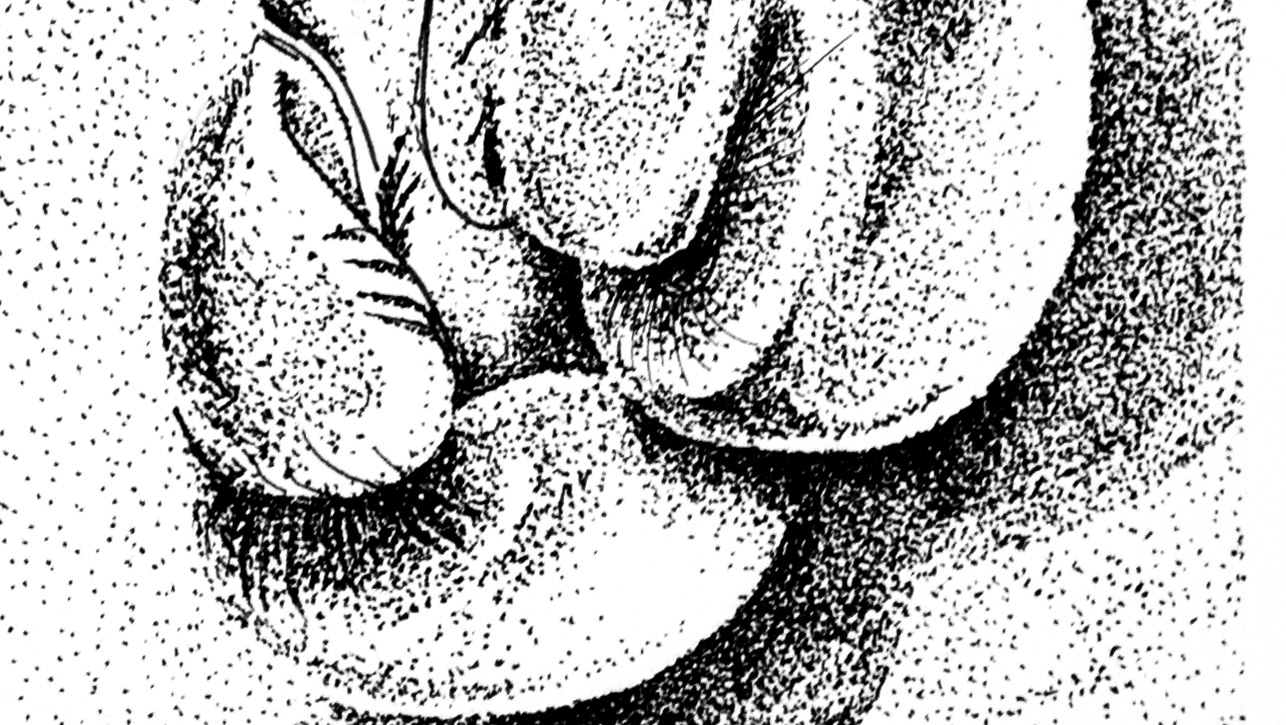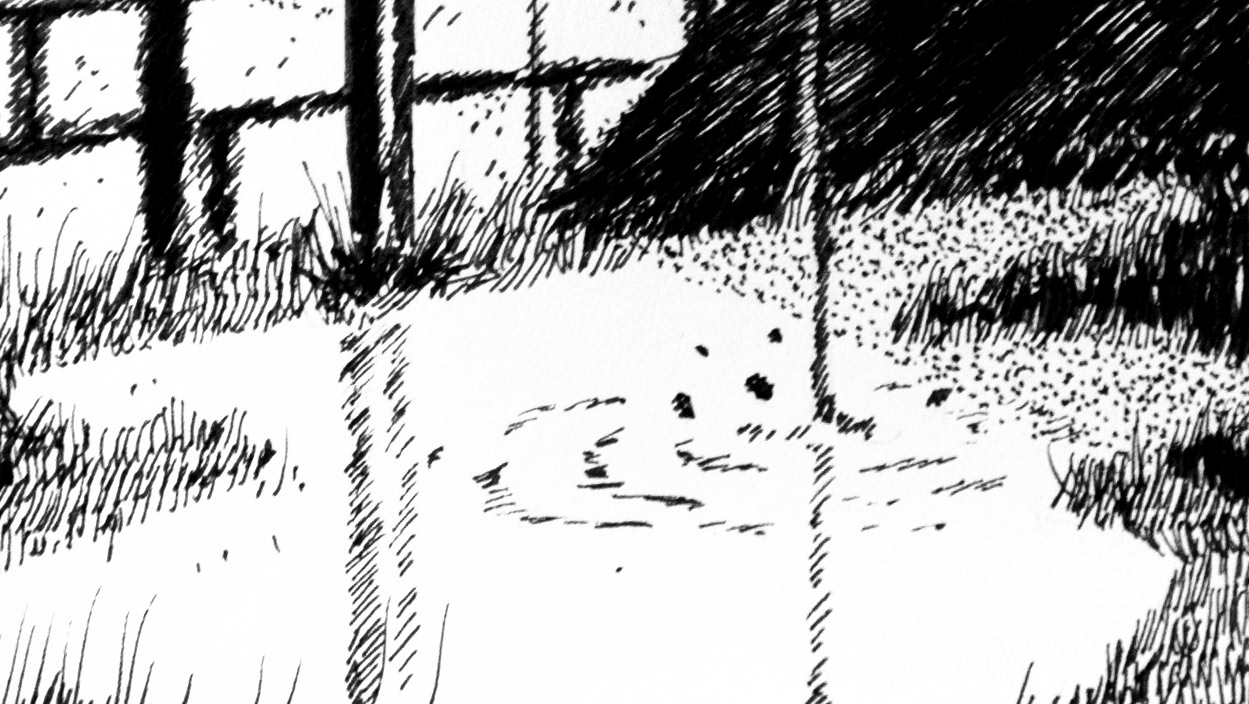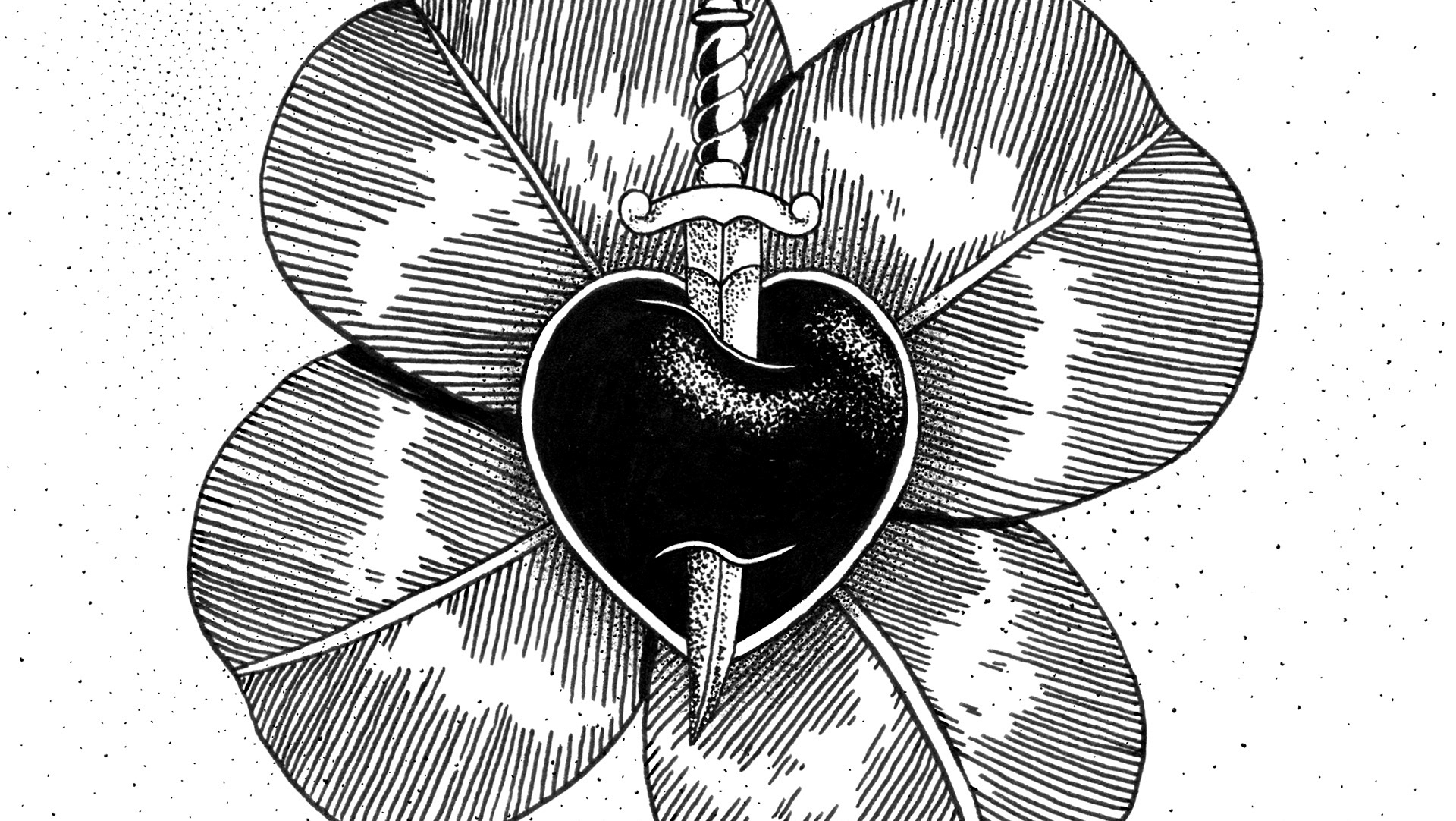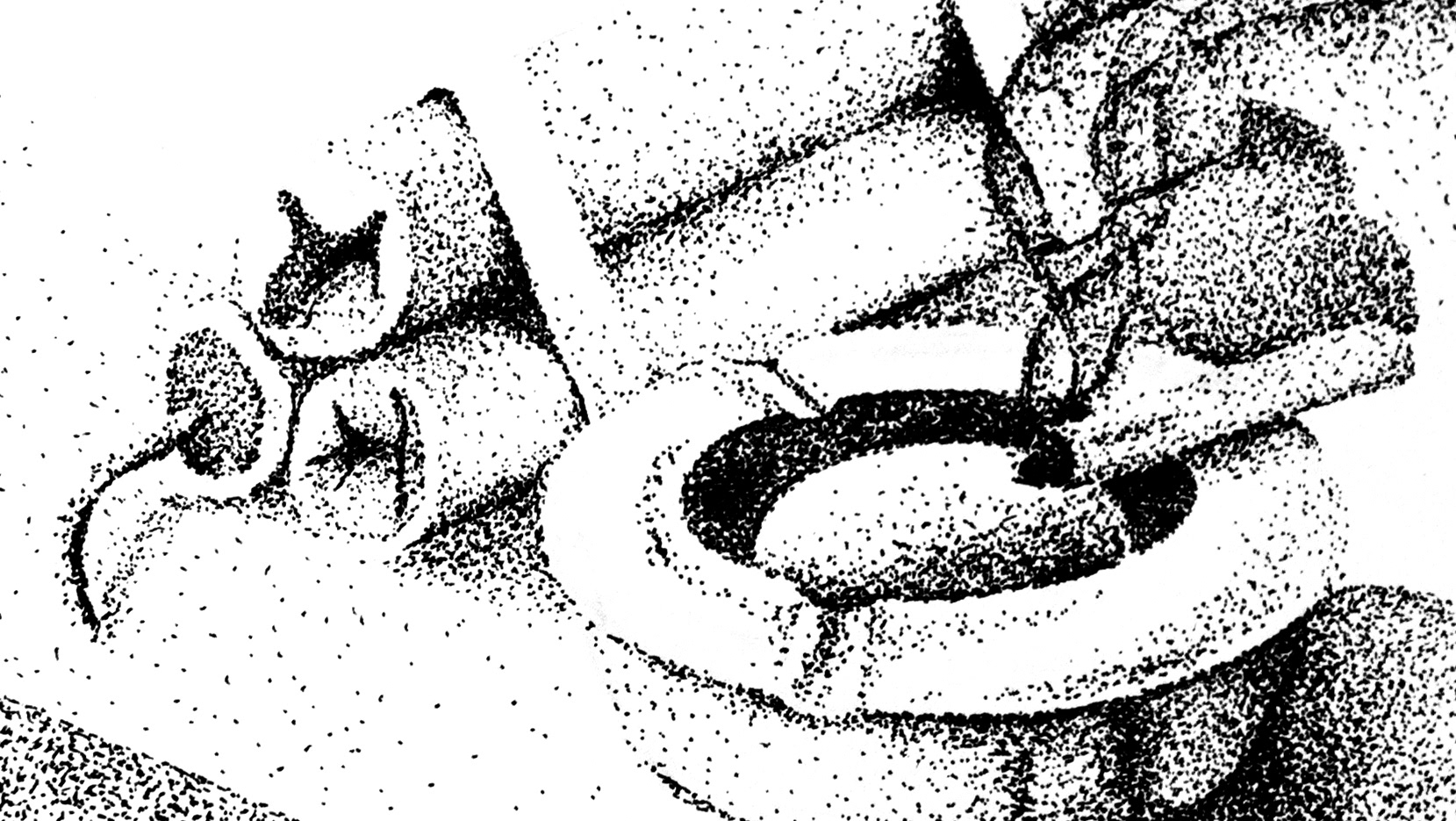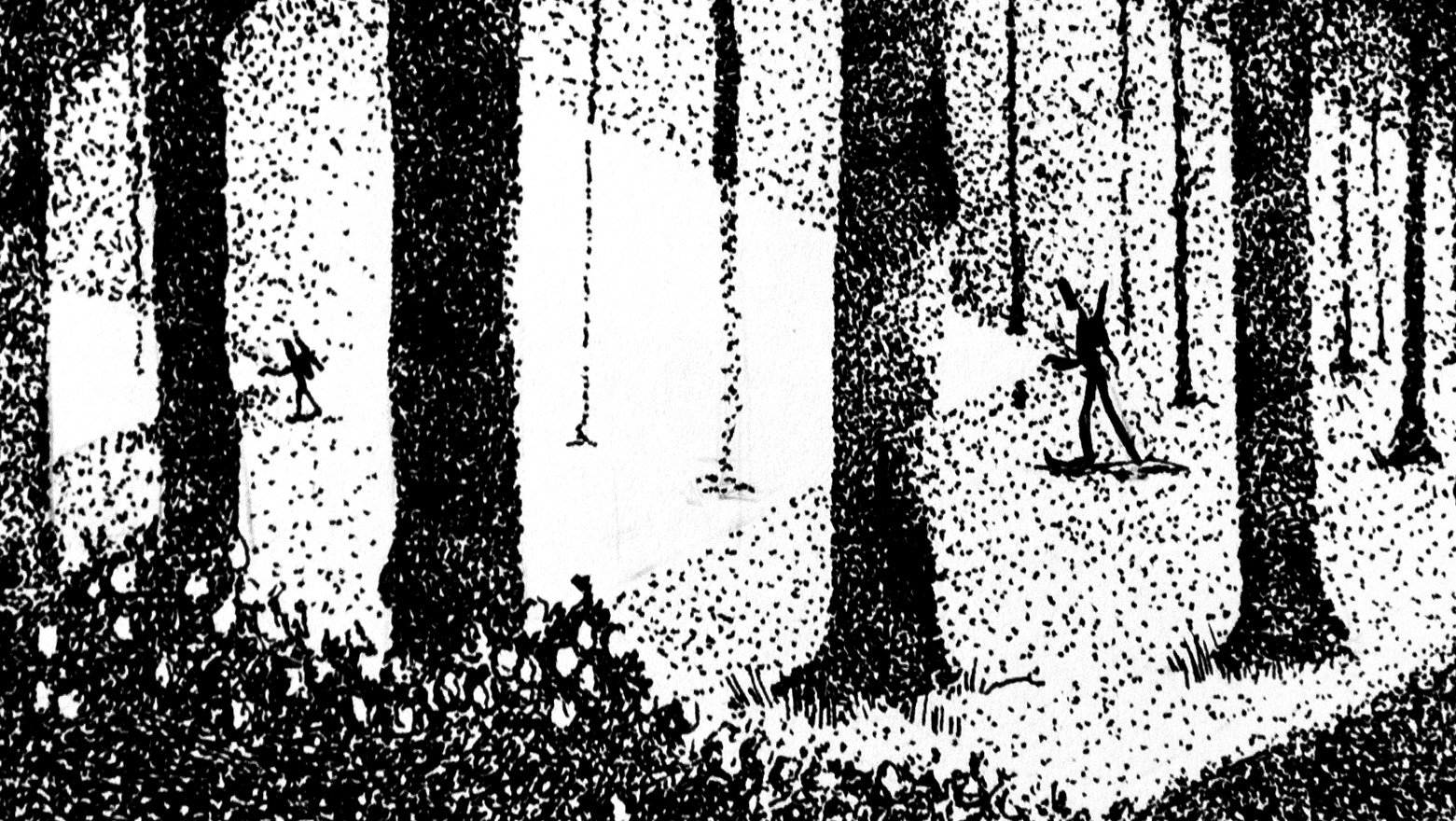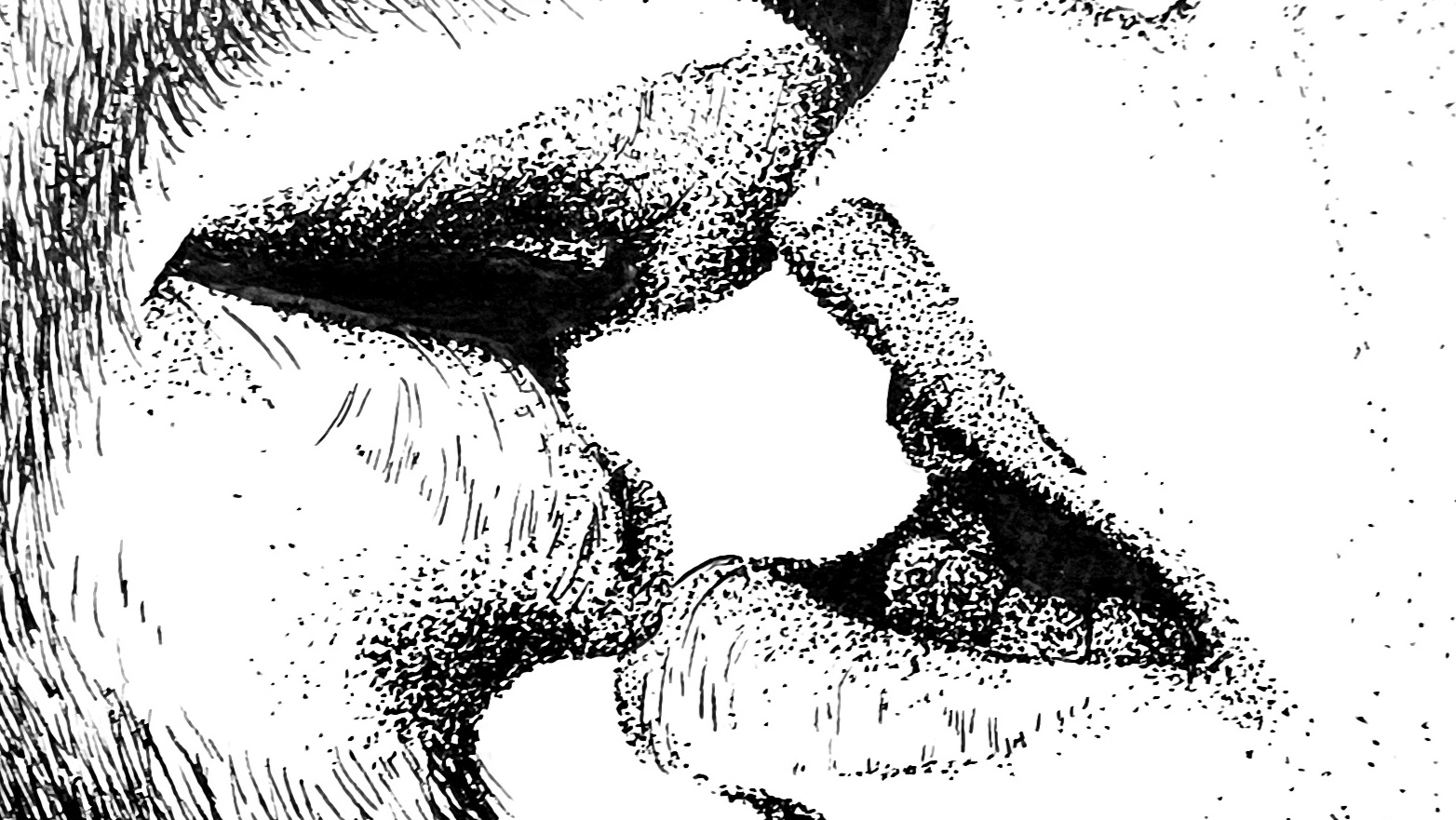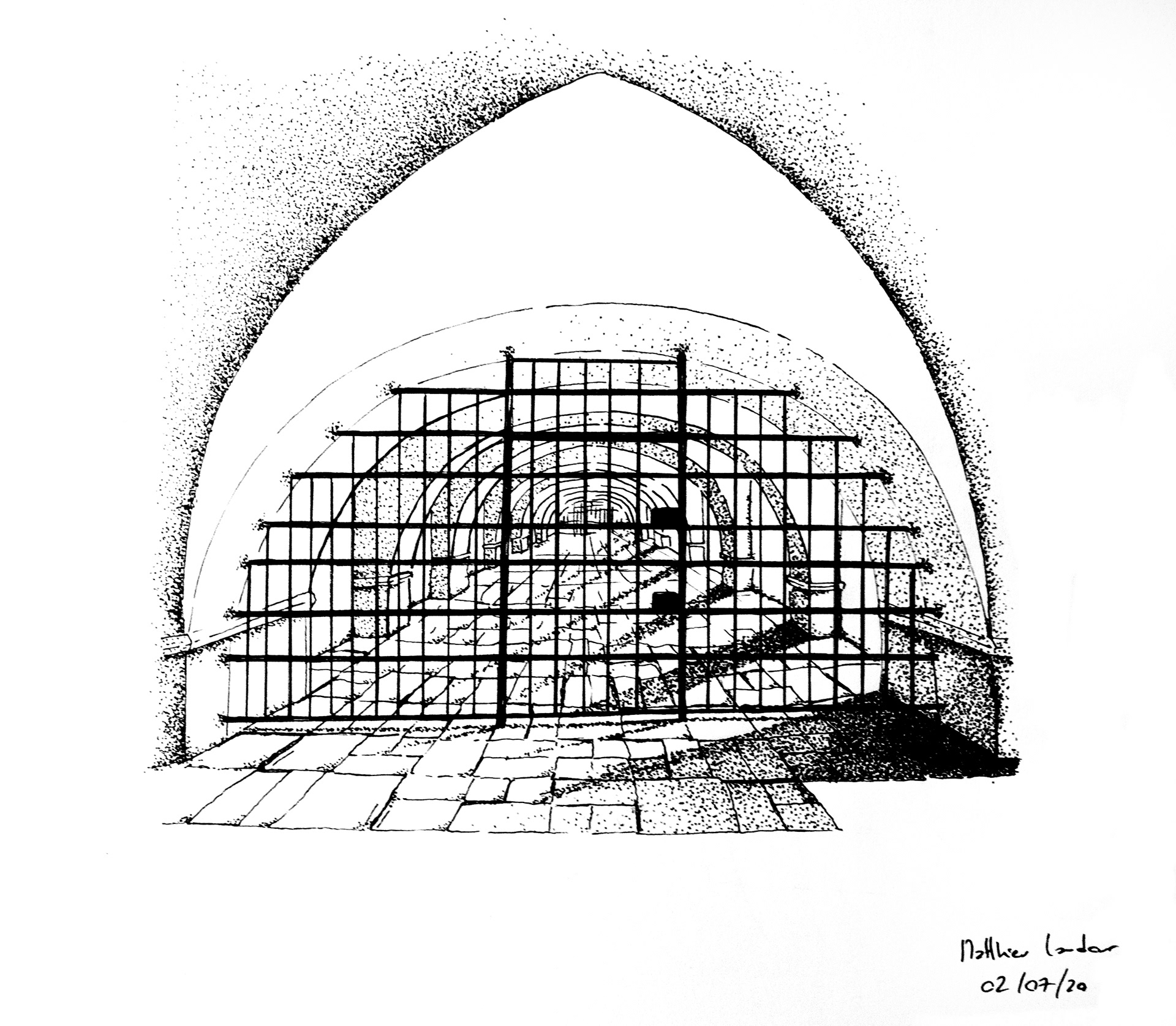
Clairvaux
Today is the 20th of May 1942, Robert and 27 prisoners have been told they will be executed in a few hours. They don't know why, some sabotage might have happened outside, and as hostages, they will pay for whoever did whatever happened. Robert is confused, scared, he’s young, only 20 years old. When you are 20, you wish for more than dying for something you didn't even commit.
2 years earlier, Robert was 18 and living with his parents. He wasn't sure what he wanted to do in life yet, he did enjoy travelling. But there was a much more pressing matter to him than a career. There was war.
France had lost the war, sure, but Robert didn't fight, he didn't feel like he lost, he didn't want Germany to rule him. No one could be seriously thinking that the new french government, Vichy, was a real thing, it wasn't. The french government was nazi germany wearing a fancy jacket, nothing more.
With a couple of friends, Robert started his own resistance. The communist party was forbidden, yet it was looking to create small groups, to either inform, protect, or attack. Robert and some of his friends didn't have any experience for the latters, yet they were ready to help in any way. They were instructed to inform, to retrieve leaflets and newspapers and distribute them in their neighbourhoods. Robert and his friends felt useful, they were the early resistance.
It didn't last long, Robert was arrested on the 14th of September 1940. The police came to his place, his parents opened the door, he didn't even have any time to explain them anything.
There was a trial, and Robert expected to be guilty. He expected to be given around 4 to 6 months in prison. But he didn't expect to stay in jail after the expiration of his condamnation. It even became a joke amongst his friends, "When are you getting out?", "7 months ago"
On the 27th of January 1941, Robert was transferred to another prison, in Clairvaux. He met briefly a young man, even younger than him, they talked a little. His name was Guy Moquet, and he was arrested for the same reasons Robert did, distributing leaflets. Guy was even younger than Robert, he was a 16 year old hostage. Yet he had the spirit of a leader, motivating others to demand better conditions, better food. He pushed everyone to hit their tins on the walls, to make as much noise as possible, until their demands were met, and once more with more demands. A darn good writer, Robert heard he was a poet too, impressive young man.
Back in the present, a year later, in May 1942, Robert has a couple of hours maximum before his execution, he has a lot to think about. He looks around him, there are so many young people. Guy Moquet was the youngest he had met, but Guy wasn't there. He was already gone, executed on the 22nd of October 1941, as a hostage, to avenge the death of some german lieutenant. At 17, he was executed for something he had nothing to do with, because he was a communist, because his father and mother were communists representatives. Even from prison, Guy Moquet' death was a national tragedy, everyone was shocked. Whoever decided on the execution of a 17 years old, the germans, the french government, whoever did this went one step too far. Rather than scaring the population, it even became another reason to enroll into the resistance. But now it was Robert's turn, and Robert didn't want to be afraid anymore.
As all 27 condemned jump into a truck, they start singing the national anthem, the Marseillaise. The prisoners don't care anymore, they might as well sing. And as they sing, they start hearing the other inmates from the prison they are leaving singing in their honour. They are being celebrated for their courage, until the french soldier driving the truck orders them to shut the hell up.
They are not on their way to be executed, someone lied to them, they are being transferred to another place, to Royallieu in Compiegne. It’s a german camp, they are handed over to the german authorities, they are to become hostages. The idea is simple, Robert will stay there, and when another sabotage happens, an unresolved event, Robert or others will take responsibility. Hostages of a crime to come, this is who Robert will become.
Yet their time hasn't come, this is not Robert’s time yet.
Notes
Thanks you for listening to this episode of 3100045000, my name is Matthieu Landour Engel, and I am developing this project on my personal fundings.
This episode was about Robert Lambotte, who lived in Paris.
The communist party was forbidden in France, yet it still existed, in a more clandestine manner. The french population was quite shocked at first about losing the war, quite pessimistic about the future. The Vichy regime, the french government, managed to keep retain a facade of sovereignty, but with german troops walking on the streets of the cities, it became quite clear for everyone that, well, the french country was occupied.
Now most of the french population accepted the situation, they were not happy about it, but it was accepted at first, by most.
It is important to realise that resistance in France was the decision of the few, not the most, it was said that around 2% of the population actively resisted. And in 1940, that number was even lower.
The french youth was very much active in the resistance, yet at first obviously lacked experience.
The early acts of resistance were information related, it was mostly about informing the population, printing the information, transporting it, spreading it, though tracts or leaflets. This was the resistance of young men like Robert Lambotte.
Now, Guy Moquet is an important figure in the french resistance, a symbol even. His father was Prosper Môquet, a communist deputy. Guy was part of the communist youth, and his activism grew stronger, as his father was arrested by the french authorities, on the 8th of october 1939, in the same time as Robert Philippot, whom I talked about on a previous episode of this project. Prosper Môquet was deported to a camp in Algeria.
Guy Moquet wrote several letters to the government, as he wished for his father to be freed. At the same time, he participated to the clandestine distribution of leaflets and was arrested under denunciation. Guy Moquet admitted to nothing, he was actually acquitted, yet just like Robert Lambotte, he became a hostage. On the 20th of October 1941, a commander was shot by communists resistants, it was decided that 50 hostages would be shot immediately. The list of the 50 hostages was made by the french government, who decided to put most communists and syndicated men. As for Guy Moquet, he was not on that list but was added by the german administration, as it was thought that murdering a 17 years old man would be a good example, a good deterrent.
Guy Moquet wrote a very well known letter before his execution, addressed to his family and friends. His death marked a turning point in France under the occupation, it was a massive warning of what it meant to live in a country occupied by Germany. rather than a threat, it was another reason to join the resistance.
Nowadays, Guy Moquet is a well known figure in France.
The hostage policy is a new step in persecution by the german authorities. After the armed action of Pierre Georges on the 22nd of August 1941, where a german officer was killed in public inside the Barbes Rochechouart subway station, a decision was made to consider hostages. So lists were given, willingly at first until unwillingly, by the french authorities to the german, so hostages were selected, mostly communists, and if another attack was to happen and no guilty people found, then hostages would be shot. Many hostages were shot, until another decision was made to deport hostages, I will come back to hostages deportation in the next chapters, as I will come back to Pierre Georges , the future colonel Fabien.
I don’t know precisely how much Robert Lambotte and Guy Moquet knew each other, I only know they could have met, as they were both prisoners in the same prison. It is probable that they talked to one another, they were both young, it is not unlikely. But I have no way of proving this. I made many other assumptions in this story, I don’t know whether Robert admired Guy Moquet, whether he wished to be brave before dying, whether he sang. I took some liberties regarding those elements.
Clairvaux, the place where Guy Moquet and Robert Lambotte were, was an abbey converted as a prison back in 1804. It was a dreadful place apparently, according to the french wikipedia page.
I mentioned another camp, the Voves camp, near Chartres, south west of Paris, actually close to my hometown. At first, the camp was for french soldiers, it then became a political prisoner camp.
My sources for this story are the website deportes-politiques-auschwitz.fr, Memoire Vive, the book Red triangles in Auschwitz by Claudine Cardon Hamet and wikipedia.
I have been trying to find Robert Lambotte’s relatives, unfortunately, my research was unsuccessful. If by any chance, you know of someone related to Robert Lambotte, please let me know, I would be very pleased to get in touch and make sure the text I wrote doesn’t contain any errors.
Thank you very much for listening to this episode, next episode will be about Renelde Lefebvre, a father and son relationship and an extraordinary canoe travel from france to the United Kingdom.
https://politique-auschwitz.blogspot.com/2012/03/lambotte-robert-charles-isidore.html
http://www.memoirevive.org/robert-lambotte-45722/
